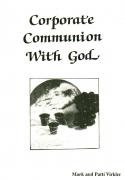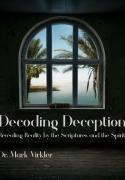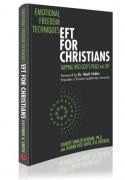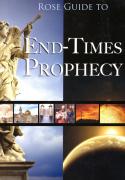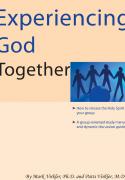This email request came to me recently: “The newer translations of the Bible have missing words, missing whole verses. We are just wanting to be sure which are the most correct versions of the Bible? At first, righteous anger rose up, knowing no one is supposed to add or subtract anything from the Holy Bible. (How dare they?) We’ve seen the arguments on both sides. We realize it’s something the enemy uses to keep people arguing and doubting the authority of Scripture. We’re not interested in division, only truth.” - Megan
Finding a word-for-word translation
Bible translations are typically categorized into three types.
- Formal Equivalent - a literal, word-for-word translation of the text (Examples: KJV, NKJV, NASB, etc.)
- Dynamic Equivalent - a thought-for-thought translation of the text (Examples: The Passion Translation, New International Version, etc.)
- Free or Paraphrase - a paraphrase of the original text (Examples: The Living Bible, Good News Translation, The Message, etc.)
While I was at Roberts Wesleyan College, I spent time in the library comparing word-for-word translations of the Greek by the King James Version, New American Standard Bible, and New International Version. The closest word-for-word translation was the NASB and then the KJV. The furthest was the NIV. Since I don’t speak Shakespearean English, I chose the NASB over the KJV. Now that we have the New King James Version (NKJV), I find that essentially equal to the NASB, however, I still use the NASB for careful Bible study. For devotional reading, I use The Passion Translation.
I love the free downloadable software e-Sword because it allows me to look up exact Greek and Hebrew meanings of any word (Bible Hub allows you to do the same). I can also look up every verse where a specific Greek or Hebrew word is found to see every time it appears and how it was translated each time. Plus, they offer Young’s Literal Bible which is an exact literal translation of each word in a verse. This makes it hard to read, so I only go there to confirm how that scholar translated the word. It is all so fascinating. A few of the interesting discoveries I made as I used this process are concerning imagination, meditation, and aion.
I need the guidance of the Holy Spirit
Jesus makes it clear that you need to hear from Him and the Spirit in order to properly interpret Scripture. The Pharisees were using the same Bible Jesus was using but they didn’t hear from God so they fought against Jesus. Paul had a Spirit encounter (Acts 9), and spent three years in the Arabian wilderness (Gal.1:17,18) being taught by the Spirit. Paul came back with a transformed theology from that which he was taught in his earlier Scripture training.
- We all need both an accurate translation of the Bible PLUS to have Jesus walking with us opening Scriptures to our understanding and our hearts burning with revelation as they did on the Emmaus Road (Lk. 24:32).
- Twelve verses from the Apostle John on how we come to truth.
Resources
Related Resources:
How to Start a Bible School in Your Church




